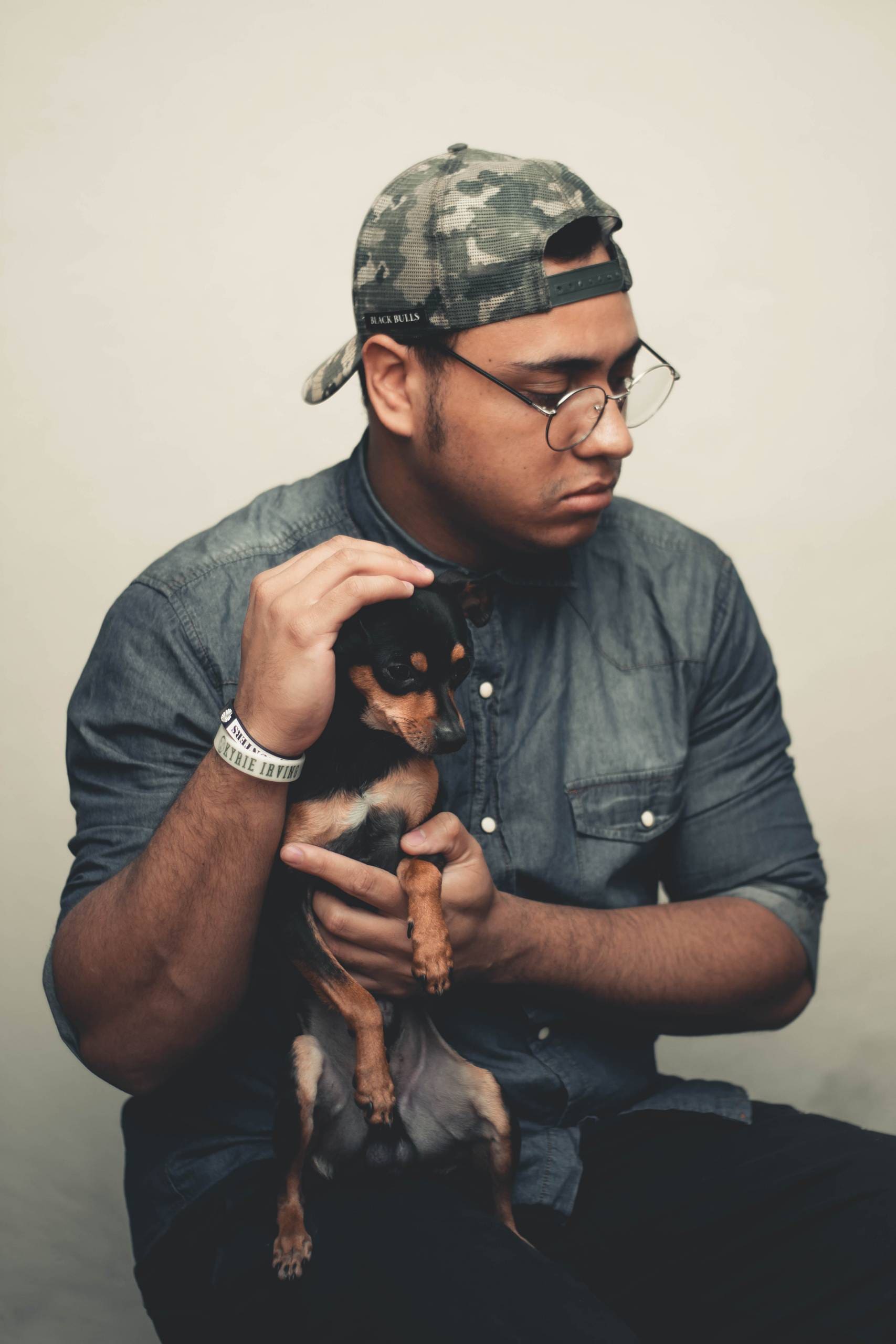When Do Puppies Walk?
Post Date:
December 10, 2024
(Date Last Modified: December 10, 2024)
Puppies bring immense joy and excitement into our lives. Their playful nature and adorable antics can easily win anyone over. One of the many milestones in a puppy’s early life is learning to walk. Understanding when this milestone occurs can help new pet owners prepare for the changes that come with a more mobile furry friend.
Early Life Stages
Puppies are born completely helpless, relying on their mothers for food, warmth, and protection. During the first few weeks, they mostly eat and sleep, with closed eyes and ears, remaining unaware of their surroundings. This crucial time is focused on development but does not involve exploring.
Around two weeks of age, puppies start to open their eyes and ears, marking the beginning of sensory development. However, they are not yet walking. At this stage, they will begin to crawl and scoot around on their bellies. While it may seem like progress, true walking is still a bit further away.
Milestones of Mobility
By three to four weeks of age, puppies exhibit signs that walking is on the horizon. They begin to stand on their wobbly legs, testing their balance. This can be a comical sight as they often tumble while learning to coordinate their movements. Their muscles develop, and they become more aware of their environment. Though they may take only a few shaky steps, this is a significant milestone in their physical and mental growth.
Most puppies will start walking confidently between four to six weeks. This exciting period opens up a whole new world of exploration. Puppies begin to investigate their surroundings and engage in play with their littermates, essential for developing communication and behavior skills.
As puppies become more mobile, their curiosity can lead to mischief. Creating a safe environment for exploration is crucial. Keeping harmful items out of reach and ensuring hazardous areas are off-limits helps protect puppies during this adventurous phase.
Around six to eight weeks, puppies gain more control over their walking, starting to run, jump, and play energetically. This increased activity is vital for physical development, strengthening muscles and improving coordination. Playtime with littermates encourages social skills and teaches appropriate behavioral boundaries.
By eight weeks, puppies are typically ready to transition to their new homes. This change can be overwhelming, as they leave their mother and littermates behind. Providing a safe space and plenty of love helps ease this adjustment.
Continued Development
In the following months, puppies will further develop their walking skills, becoming more agile and confident. By four to six months, most puppies master walking, running, and playing with enthusiasm. At this stage, they are prepared for structured activities that enhance their skills and confidence.
Every puppy is unique; some may start walking earlier or later than others, which is perfectly normal. Factors such as breed, size, and individual temperament influence a puppy’s development. Smaller breeds may take longer to walk, while larger breeds might explore sooner.
Patience is essential for new puppy owners. While witnessing a puppy’s first steps is exciting, allowing them to develop at their own pace is crucial. Forcing them to walk prematurely can lead to frustration and anxiety. Celebrate their milestones with encouragement and support, fostering their growth.
The Importance of Exploration
Walking is vital for a puppy’s mental growth. As they explore their environment, they encounter new sights, sounds, and smells, stimulating their brains and contributing to overall learning. Establishing confidence in navigating their world is equally important. Regular walks and exploration strengthen the bond between a puppy and its owner, laying the foundation for a loving relationship.
Socialization becomes essential once puppies start walking. Exposure to new people, other dogs, and different environments helps reduce fear and anxiety later in life. Positive experiences in their formative weeks set the groundwork for well-adjusted adult dogs.
Health and Well-Being
Maintaining your puppy’s health and well-being is crucial. Regular veterinary check-ups ensure proper growth and development. Vets provide valuable insight on vaccinations, nutrition, and any concerns regarding physical development.
Puppies thrive on routine and structure. Establishing a consistent schedule for feeding, playtime, and walking helps them feel secure. Incorporating regular exercise as they develop walking skills benefits their physical health, promoting muscle development and mental stimulation.
As puppies gain confidence in walking, transitioning to leash training becomes important. Teaching them to walk on a leash is essential for safety and enjoyable outings. Start with short walks in familiar surroundings to help them adjust, gradually increasing distance and introducing new environments as they become more comfortable.
Lifelong Skills
As puppies mature into adulthood, their walking skills continue to develop. Regular exercise and mental stimulation remain essential throughout their lives. Activities such as hiking, agility training, and obedience classes keep dogs physically fit and mentally sharp.
Witnessing a puppy take its first steps is a heartwarming experience, reminding us of how quickly they grow and the importance of cherishing these moments. The journey to walking varies from puppy to puppy, marking the beginning of many adventures together. Embrace the process, and enjoy every moment with your furry friend as they explore the world one paw at a time.






